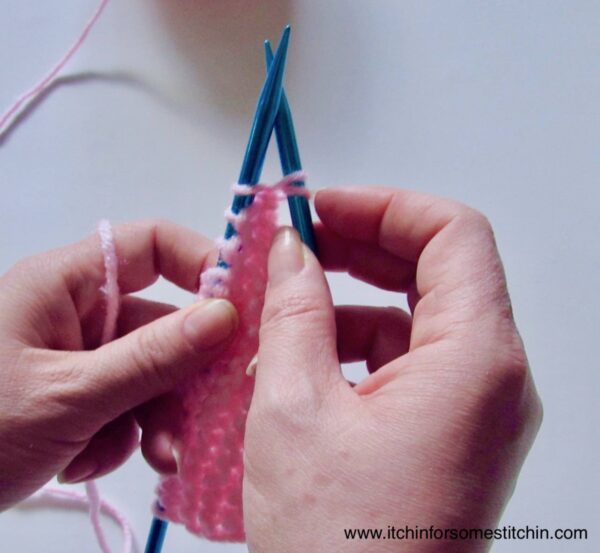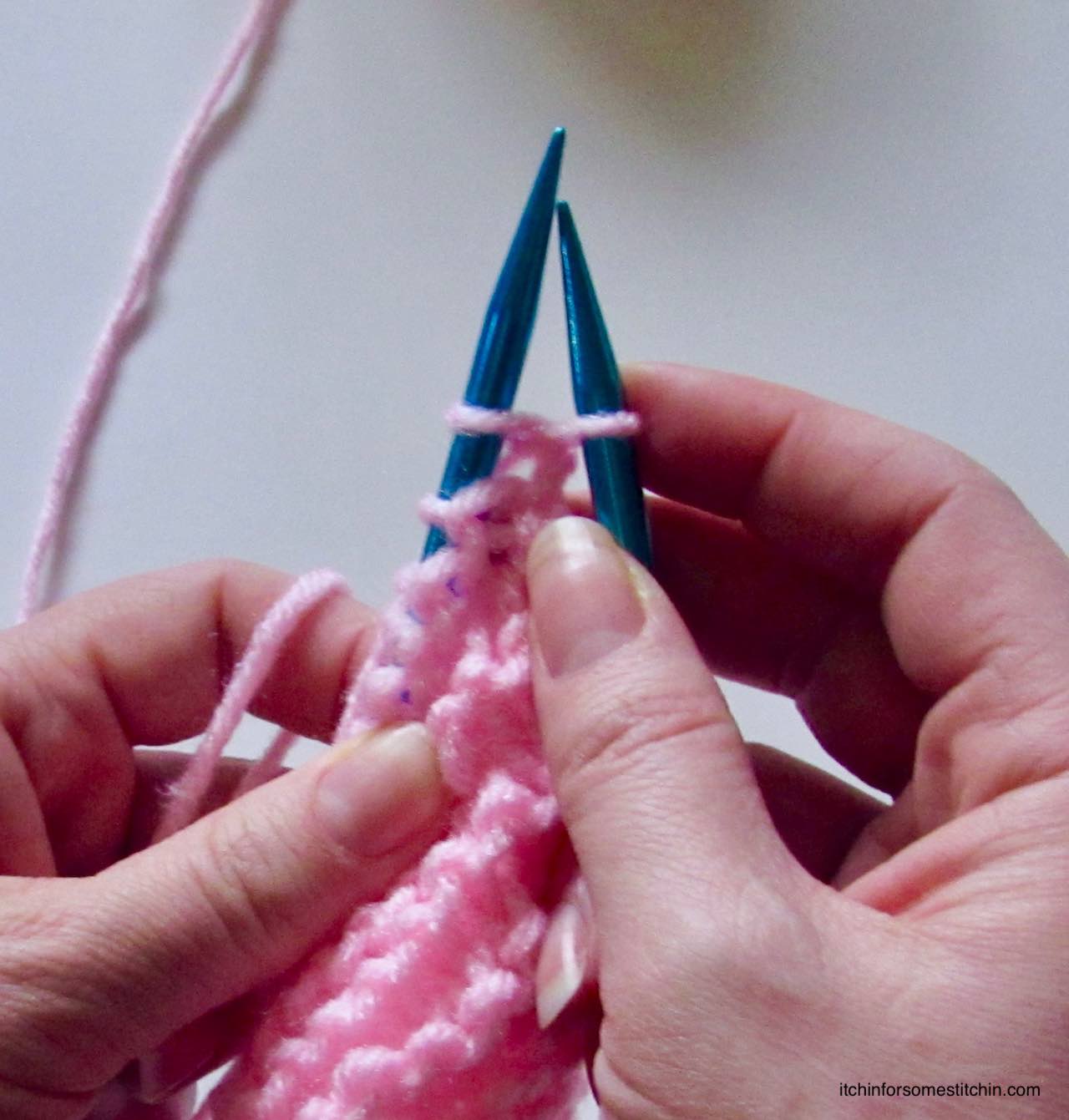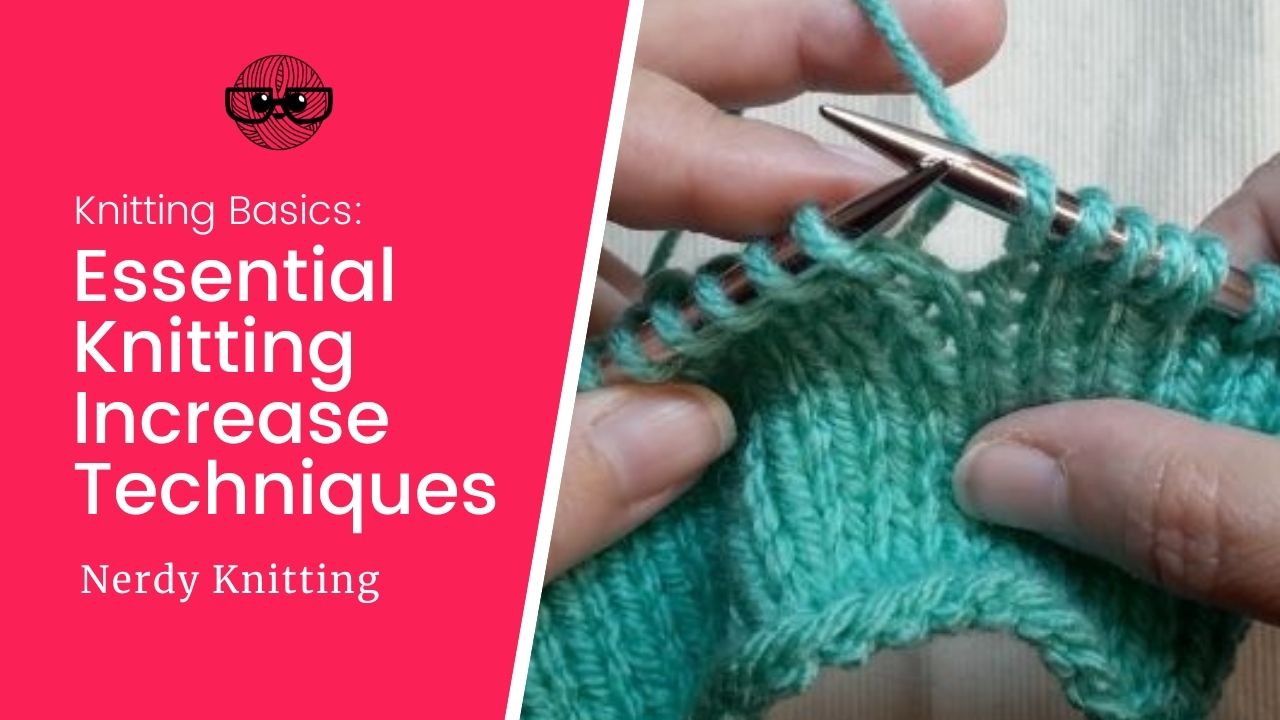Knitting How To Increase
Knitting How To Increase - 1.1m views 9 years ago #makealong #woolandthegang. This is useful for shaping fitted knit items, such as sweaters, hats, and mittens. First, i want to broaden your horizons and teach you new techniques. 131k views 10 years ago how to knit. Knitting in the front and back of a stitch creates two new loops on your needle. There are two different ways to make an extra stitch while you are knitting, one (kfb) leaves a little bar on the front of the work, and the other (m1) is virtually invisible. Lifted increases (also called knit right/left loop) 394k views 8 years ago knitting techniques. Increasing and decreasing stitches enables you to create knitted pieces with edges that taper and expand. Knit or purl into the front and back of the same stitch. Well, then you came to the right place! It's often considered the most basic increase in knitting (along with m1r below and yo above). Red heart design team june 4, 2023. Double increases can be worked in a number of different ways. This method creates a nearly invisible increase and is. In this knitting tutorial, i’m going to show you how to knit this easy knitting increase and everything you need to watch out for. Well, then you came to the right place! You’ll find detailed tutorials and videos linked for each and every one of them. In this post we will explain both knitting increasing techniques with text, images and. Some increases are easier to knit and others only work in certain circumstances, and i want to provide you with the perfect increase for each situation. However, unlike the yarn over, m1l and m1r are invisible increases. This method creates a nearly invisible increase and is. These techniques allow you to create armholes, shape a collar, sleeve or cuff and. You can add an increase in the middle of a row to add shaping to your knitting. Web knit the lifted stitch as normal and slide it off of the left needle, leaving the original stitch on the left needle (see photo #3). Web so, your pattern asks you to m1r and m1l and you have no clue what it. Knit and purl into the same stitch. Red heart design team june 4, 2023. In this video we will show you how to. Knowing some increases and decreases will allow you branch out into making garments that fit. 394k views 8 years ago knitting techniques. Here’s how you do it the continental way. Web in knitting an increase is a stitch that adds one (or more) stitches to your row/round. Red heart design team june 4, 2023. These techniques allow you to create armholes, shape a collar, sleeve or cuff and more. Increasing and decreasing stitches enables you to create knitted pieces with edges that. Web so, your pattern asks you to m1r and m1l and you have no clue what it means and how to knit it? This method creates a nearly invisible increase and is. Web there are two major categories of knitting increase methods: In this knitting tutorial, i’m going to show you how to knit this easy knitting increase and everything. 131k views 10 years ago how to knit. Knit 1 front and back, purl 1 front and back; Besides the double yarn over method described in the next section, the other seven methods can be divided into three categories: Knitting in the front and back of a stitch creates two new loops on your needle. This is the simplest method. Bar increases (also called knit front back) make one increases; Kfb (knit into front and back) This video shows you an increase. There are several ways to increase, and each method adds extra stitches to the row unless they are paired with compensating decreases. You can add an increase in the middle of a row to add shaping to your. Web make 1 left (m1l) lean: The yarnover increase is worked by wrapping the yarn over the right needle between two stitches. Make one (m1) bar increase. Besides the double yarn over method described in the next section, the other seven methods can be divided into three categories: Increasing is used whenever a knitted piece needs to be wider, such. Web make 1 left (m1l) lean: Increasing is used whenever a knitted piece needs to be wider, such as sleeve shaping. These techniques allow you to create armholes, shape a collar, sleeve or cuff and more. It's often considered the most basic increase in knitting (along with m1r below and yo above). You’ll find detailed tutorials and videos linked for each and every one of them. Web knit the lifted stitch as normal and slide it off of the left needle, leaving the original stitch on the left needle (see photo #3). 175k views 6 years ago know how. This method creates a nearly invisible increase and is. Knit or purl into the front and back of the same stitch. Knowing some increases and decreases will allow you branch out into making garments that fit. Web in knitting an increase is a stitch that adds one (or more) stitches to your row/round. Learn three types of knitting increases: Usually, you can substituted one type for the other, but the stitch counts will need to be adjusted accordingly. The yarnover increase is worked by wrapping the yarn over the right needle between two stitches. 394k views 8 years ago knitting techniques. However, unlike the yarn over, m1l and m1r are invisible increases.
How To Increase One Stitch When Knitting goknitiinyourhat

How to Increase a Stitch in Knitting With Just Two Simple Steps
![How to M1L and M1R Knitting increases without the confusion [+video]](https://nimble-needles.com/wp-content/uploads/2020/04/make-one-right-2-1024x684.jpg)
How to M1L and M1R Knitting increases without the confusion [+video]

How To Increase In Knitting Made Easy for Beginners TREASURIE

Knitting How to Add a Stitch in Just Two Simple Steps!

How To Increase In Knitting six enam
/M1_4-5ad10f1418ba010037438ea3.jpg)
How to Increase Stitches with Make One (M1) in Knitting

How to Knit an Increase Stitch 10 Steps (with Pictures) wikiHow

How To Increase In Knitting Made Easy for Beginners TREASURIE

How to Increase in Knitting (Essential Increases for Every Knitter
What Is Stitch Gauge And Tension?
Besides The Double Yarn Over Method Described In The Next Section, The Other Seven Methods Can Be Divided Into Three Categories:
In This Post We Will Explain Both Knitting Increasing Techniques With Text, Images And Videos.
Knitting In The Front And Back Of A Stitch Creates Two New Loops On Your Needle.
Related Post: